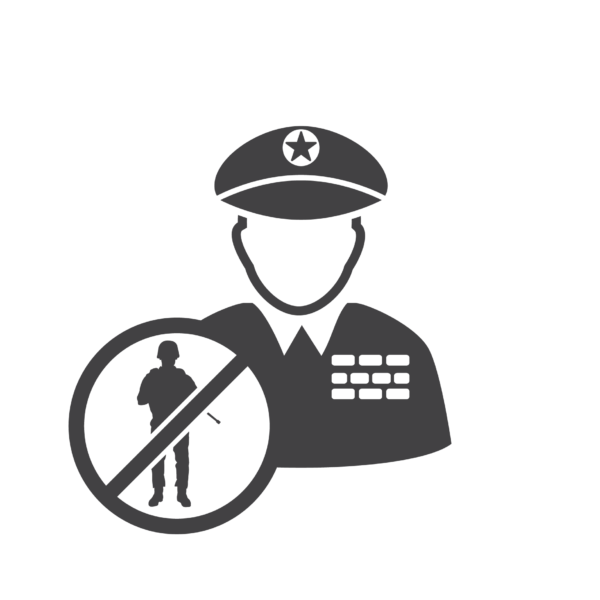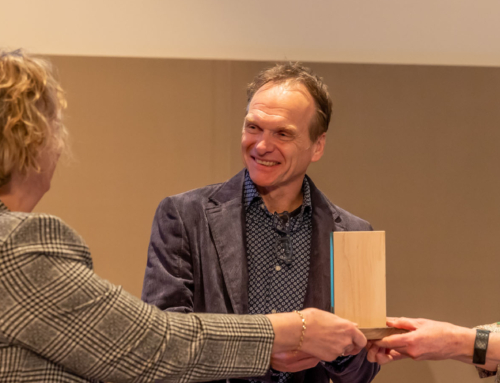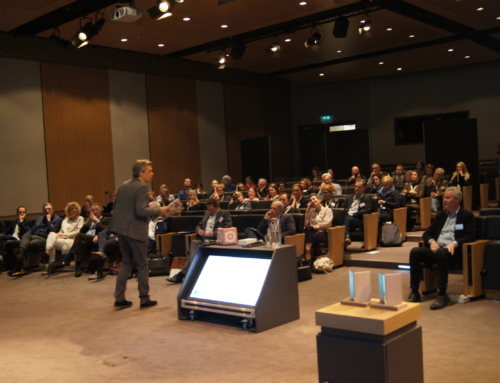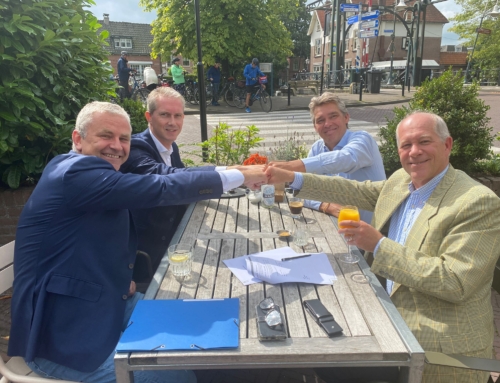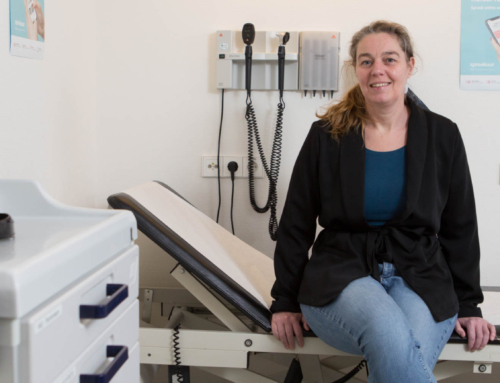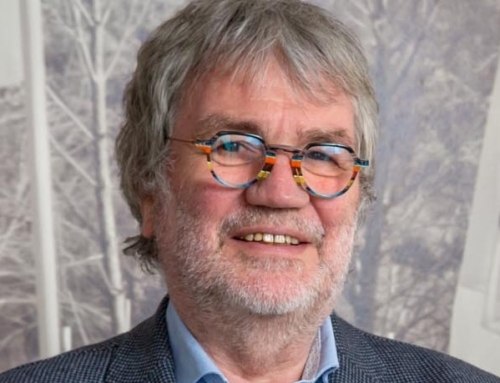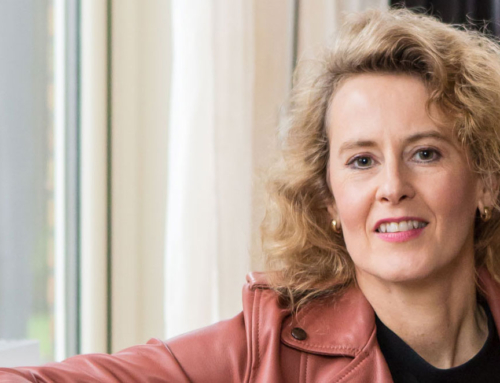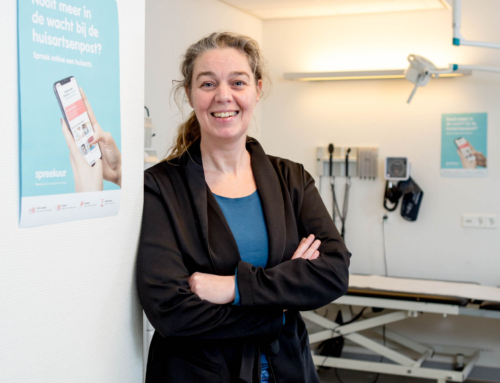Better insight into the local spread of the corona virus
When corona erupted, there was little insight into the local spread of the corona virus. The Stichting Corona in Kaart (SCiK(the Foundation for Mapping Corona)) therefore developed a regional data- and information platform and realized a pilot in Rotterdam. Unfortunately, it was not possible to keep the platform in the air and to roll it out nationally. The initiators hope for a restart.
Intention: Data on corona parts
When the corona crisis erupts, the exchange of data on corona infections and suspicions is defective. Suspicious cases are hardly tracked and it is difficult to gain insight into the local spread of the virus. SCiK wants to change that.
The aim is to develop a platform where healthcare providers can easily (suspect) cases and where data about corona can be made transparent at a very local level on a dashboard and in heat maps. The corona data are combined with data about, for example, comorbidity. "If you know how many diabetics or people with heart"- get corona disease, then that changes your risk assessment,’ explains GP Kerkhoven. Primary care providers can thus provide appropriate care and policymakers can use this information to make better decisions about local measures and the regional deployment of people and resources.
“If I had known exactly who should have been sitting at the table, I might have made different choices.”
Approach: A pilot platform with the help of various specialists
Corona in Map started during the first corona wave, in March 2020, with a spontaneous idea from the Rotterdam brothers Matthijs and Egge van der Poel, GP and data scientist from Rotterdam respectively. They set up a foundation and gathered people from different disciplines around them, like a legal expert, platformspecialisten, data scientists and an epidemiologist.
The foundation started discussions with various policy makers and healthcare providers at both regional and national levels to convince them of the importance of sharing data. In addition, SCiK started a crowdfunding campaign to raise money for a pilot of the platform. Together with platform services Esri and CloudVPS, SCiK realized a platform that was accessible for free for six months. "A number of general practitioners in Rotterdam were able to see exactly the suspicions and confirmed cases on a heat map.",’ says Egge van der Poel.
Commissioned by participating healthcare providers, the foundation used their statistical data to make analyzes and maps, where possible enriched with public data sources. Care providers could also exchange information with each other via the platform.
Result: No client, so no rollout
Unfortunately, SCiK was unable to find a client who would be willing and able to roll out the pilot nationwide. As a result, there was also a lack of funding to continue the project.
A big obstacle that SCiK ran into, was a defensive stance as a result of varying interpretation of privacy legislation. There is a lot of uncertainty and fear about sharing health data (whether or not statistically) within the healthcare chain. 'We made a plea to the Security Region and the Health Information Council of VWS, but it didn't help. While the social necessity is evident,’ says Kerkhoven.
In addition, not all parties were willing to share their data. "I'm surprised the greater good wasn't always seen", that they said: I don't need that data for my organization, so why should I cooperate,’ says Van der Brug.
During the second corona wave, the test policy was adjusted and the government created a corona dashboard. Yet SCiK still sees a need for better data and wider sharing of data about infections. Positive test results from the GGD do not reach the GP and figures are often incomplete or delayed. Little use is made of possibilities to enrich data and thus generate more management information. That should be different.
Learning moments and perspectives for action
The Einstein Point – Dealing with complexity
Primary care is very complex. We work with many different data systems. Moreover, the different interpretations of the GDPR make exchanging personal data between the different stakeholders notoriously difficult.

De canyon – Rooted patterns
SCiK has noticed how difficult it can be to convince people to do things differently. It seems that the health care system has reacted to the corona crisis from a strong centralist reflex.

The empty chair – Not all relevant people become involved
“If I had known exactly who should have been sitting at the table, I might have made different choices,’ says Egge van der Poel now. SCiK started with a question from general practitioners, but would have preferred to sit down with the GGD immediately, the Security Region or the Ministry of Health, Welfare and Sport.

general without an army – The right idea, but not the means
The SCiK developed a successful pilot, but didn't have the right resources to develop it further. It lacked both money and a strong lobby.
